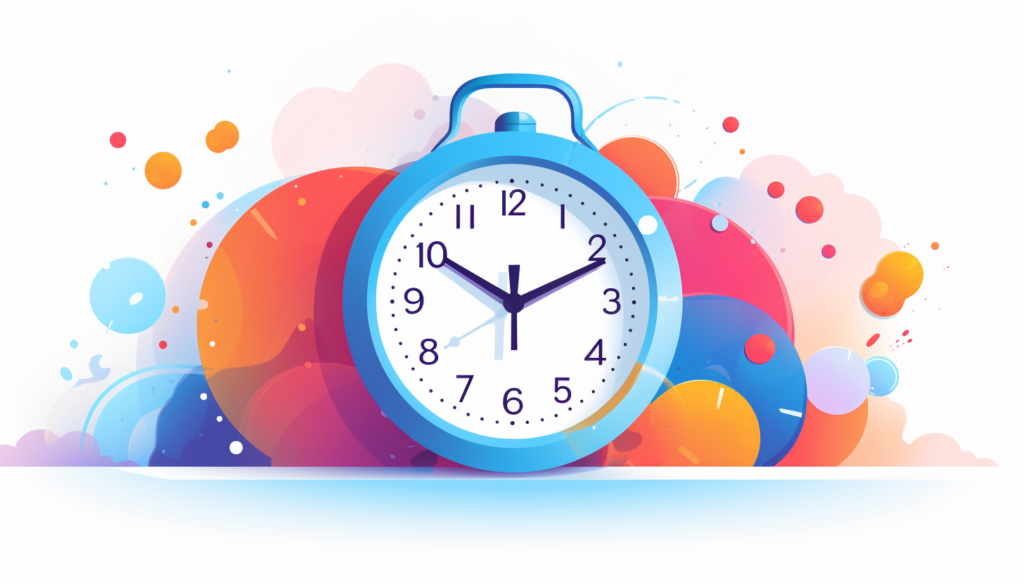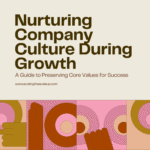When you join a scaleup organisation most certainly you’ll be dealing with a lack of processes, poorly defined communication flows, a bunch of initiatives that started in the past and got nowhere over time, lack of ownership, and much much more.
It is tempting, and in some cases necessary, to pick up many things and keep on juggling projects until you get to a more stable and settled environment. But it takes time and drains energy. I am in the same boat. I’ve joined a scaleup company half a year ago. Perfect timing, some people bounced, company is ready for growth, business is booming, but internally it’s chaos. Today, six months later, we are in a way better place. We have the foundation rebuilt and are in a way better position to manage rapid growth. But looking back, I must say, those were probably the most challenging six months in my entire career (and I’ve been in the industry for almost two decades).
Being in a constant sprint, trying to kill all the fires and pave the path to a brighter future, does require stamina. And if you are in the leadership team, you cannot afford to crack under pressure. Because most likely your team is not yet ready to pick things up in your absence. This is why keeping an eye on your mental state is crucial in a fast-paced environment. And scaleups are the most dynamic types of companies. Change is the only constant thing you have.
Alright, so we know and agree that staying sane is important. But it’s easy to say. How do you actually take care of your mental health? I’ll share with you my habits that have been working quite well for me, and may (or may not) work for you. So please don’t take it as a recipe.

Block first hour of your working day
First thing in the morning, when you start working, you have to catch up on mail, check your agenda for today, and adjust your planning when necessary. And get a moment to focus and silence before you dive into another day of constant context switching, people chasing you with their problems, meetings, interviews, …well, you know the drill.
Block time slots for your family routine
If you have a family, like I do, they most likely need your help. Things like dropping kids off, or picking them up from school. Taking them to whatever trainings they have. Helping your partner.
Make sure those time slots are blocked in your calendar and your family can rely on you. If they never see you and don’t get any help from you, it’ll increase the tension over time and could cause some personal issues, that in return would bring more stress and affect your work (and general well-being).
Block your lunch breaks
It is so easy to get buried in meetings that go neck in neck and forget about food, or push it back, or eat while working. It is probably fine to do it once or twice. But when it becomes a habit it can lead to some serious health issues to begin with. And also you’ll feel more exhausted towards the end of the day because you simply run out of energy. You do it several days in a row, and you’ll see how your productivity goes down. You lose focus, you get frustrated quickly, you snap at colleagues and your family members. And it turns into disaster.
So, have your lunch. Spend it chatting with your colleagues if you are in the office, or with your family if you work at home. Keep the work away, talk about something else. Socialise.

Workouts
Here I talking about tech companies. So in my case, and probably in yours, we spend a lot of time behind the screen. Make sure you have a nice routine when you work out at least two times a week. Even better if you can get 10-20 minutes break every day and do some basic exercises (like pushups, squats, etc. stuff that doesn’t require too much space and extra equipment). It’ll keep your body in shape and will give your mind a break as well.

Go out
It is very important to have a social life, meet your friends, go to a fancy dinner or a nightclub with your partner. Switching context in this case is very good for your mind and can actually bring new perspectives to your work.

Get a drink
Sometimes at the end of the day, it is just good to get a glass of wine and relax. Treat yourself and don’t feel bad about it. Even if you do it daily, just make sure you stick to a single glass and don’t finish two bottles by yourself (then it’s most likely a problem). Okay, okay, it is a very thin ice I am working on here. And I do not encourage you to start drinking. But if it works, and does in my case, just go for it. I quite often combine with some dumb TV series as well. Something I don’t really need to follow, that would allow me to switch my mind completely off.
Conclusions
Your mental health is essential to the success of your company as well. So treat it as a necessity for the business and don’t feel bad about dedicating some extra time to yourself. Feel free to try any of my tips and I’d love to hear your experience. So please feel free to leave a comment or message me on Twitter. There are also lots of great books on mental health. I really like and recommend “Stop Overthinking: 23 Techniques to Relieve Stress, Stop Negative Spirals, Declutter Your Mind, and Focus on the Present” by Nick Trenton.
Stay healthy, stay productive, be happy!



